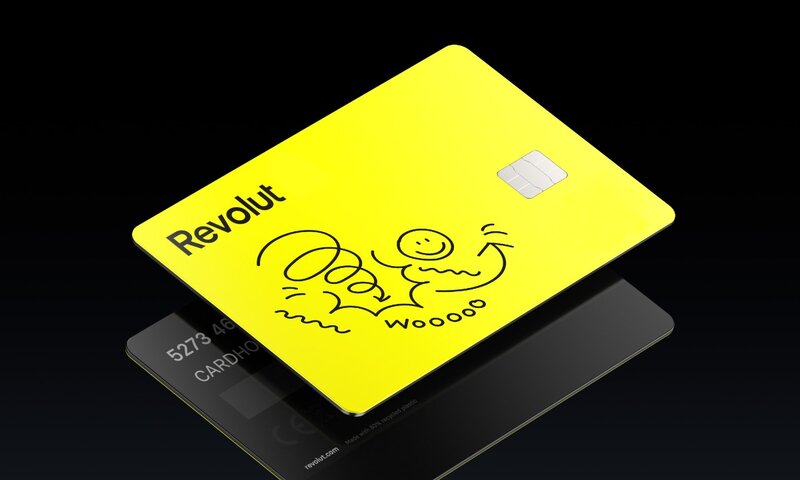Though similar, one may suit your financial circumstances more so than the other.
Find out the key differences and which one is right for you here.
What’s the difference between a car loan and a personal loan?
A personal loan is a loan given by a lender for the borrower to make a large purchase they wouldn’t have been able to fund themselves, like renovations or a holiday. A car loan is a type of personal loan, specifically designed for the purchase of (you guessed it) a car.
Personal loans can be either secured or unsecured. An unsecured personal loan means there is no collateral provided for the loan, like a deposit or an asset. A secured personal loan means the lender has collateral on the loan, for example, if you took out a secured personal loan to buy a car, the car would be the collateral. Hence, a car loan is typically a type of secured personal loan.
So why would you use a personal loan to purchase a car if you can just use a car loan? Great question! Lenders have stringent criteria and restrictions around car loans, and will most likely require you to use the car as collateral, meaning if you default on repayments, they may seize it. Lenders often won’t let you purchase older or used cars, and there is a longer and more detailed approval process.
Personal loans don’t always have these restrictions and some may not require any collateral. However, for this luxury, you’ll typically be subject to a higher interest rate on the loan, as unsecured loans are higher risk for the lender. You also don’t have to specifically say what you’re purchasing with a personal loan or how much it is, meaning you could borrow more than the car costs and use the leftover funds for another purchase.
Most car loans have a fixed interest rate, while the numbers of fixed-rate and variable-rate personal loans available are quite even. Fixed-rates keep your repayments steady for the life of the loan, making things like budgeting easier, while variable-rates could see your repayments go up and down.
Pros and cons of a car loan
Pros:
-
Often have lower interest rates than personal loans
-
Usually have fixed interest rates, giving you more certainty
-
Maybe be able to borrow a higher sum
Cons:
-
Car is security so it may be seized if you default on repayments
-
Restrictions on the car you can purchase
In the market for a new car? The table below features car loans with some of the lowest fixed interest rates on the market.
Pros and cons of a personal loan
Pros:
-
Flexibility to buy whatever car you want
-
Can use leftover funds for other purchase
Cons:
-
Usually have higher interest rates than car loans
How to know which is right for you
If you’re unsure of whether you should get a car loan or personal loan, ask yourself these questions prior:
Do I know what car I want?
If you go to a lender for a car loan they may want to know all of the details of the car prior to lending you the funds. They may require the make and model, the VIN number, even the colour. If you have these details you’ll likely be able to get a car loan. If you just want to get a loan and then go shopping for a car, a personal loan may be more your speed. However, if you want to go shopping for a car and still want a car loan, consider applying for pre-approval. This doesn’t guarantee you a loan, but it does give you an idea of what the lender will loan you when you go back to them with your desired vehicle.
Is the car new or used and how old is it?
Some lenders won’t let you use a car loan to purchase a used car, although others may allow the car to be up to five years old. If you want a loan to purchase a used or older car, you may have more chance of approval with a personal loan.
What’s my financial security going to be like over the course of the loan?
Car loans and personal loans typically have terms of one to five years but can go as high as seven. If you know you’re going to have a steady income for the length of your loan and your circumstances aren’t likely to change, you may consider a car loan to be better for you than a personal loan. A car loan often has fixed repayments, which can make it easier for you to budget for that period as your repayments won’t change. A personal loan may be better suited if you know your situation is going to change like you’re planning to have a baby or buy a home. Personal loans are generally more flexible, so you could have higher repayments for one or two years and then revert to the minimum repayments when going through your period of change. Personal loans typically don’t charge you for additional payments, whereas car loans often do, and will charge you for paying off the loan early.
Do I need to borrow more money than the car is being sold for?
If you’re a revhead, you may be planning on making modifications to your new wheels. If you don’t have the funds for this and need to borrow money, a car loan is unlikely to help. Car loans are specifically for the purchase of the vehicle and nothing else, which is partly why the approval process is so stringent. A personal loan often isn’t limited to particular purchases, meaning you can borrow an extra $5k more than what the vehicle costs and put a dirty subwoofer in the boot.
Savings.com.au’s two cents
It can be easy to mix up car loans and personal loans, especially given car loans are a type of personal loan.
However, choosing the wrong one can make your life very difficult.
If you want to buy a new car and want fixed repayments, a car loan may be the way to go.
If you want to buy an older or used car or need to borrow some extra funds, a personal loan may be better.
Photo by Arteum.ro on Unsplash






 Harrison Astbury
Harrison Astbury
 Harry O'Sullivan
Harry O'Sullivan